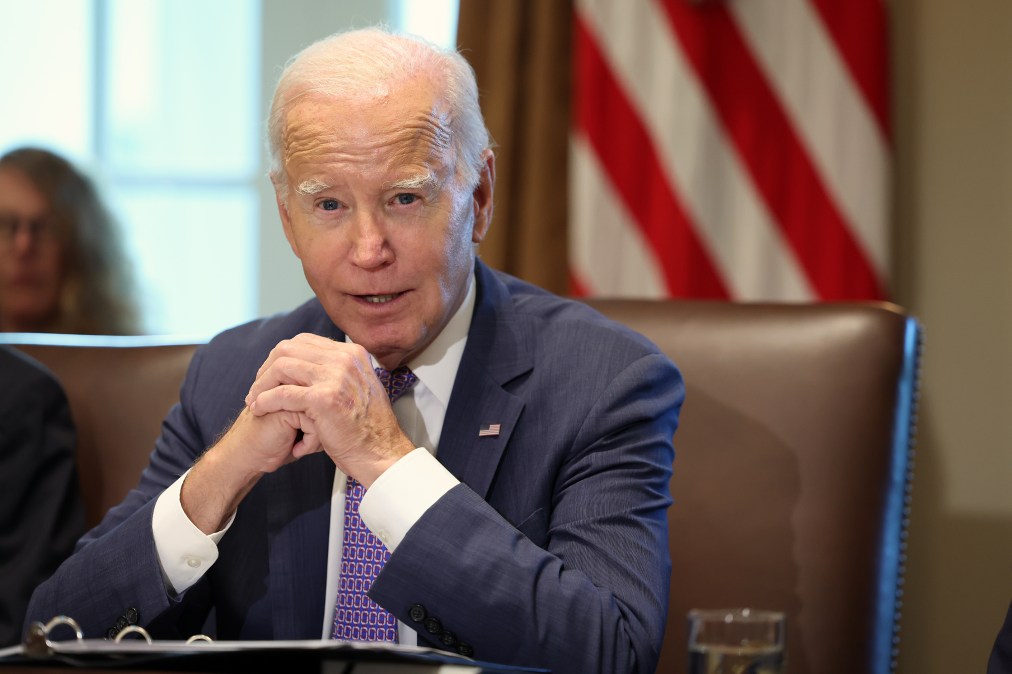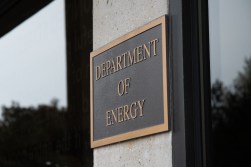Biden issues last-minute order to advance AI infrastructure in US

President Joe Biden signed an executive order Tuesday aimed at shoring up the nation’s AI infrastructure, including through the operation of data centers, in an effort to ensure that the growing technology will be built and operated in the U.S.
Specifically, the order outlines requirements for federal agencies — including the departments of Defense and Energy — to identify sites that the government could lease to the private sector for the construction and operation of frontier AI data centers, as well as clean energy facilities to serve those centers. The order instructs those organizations to review competitive proposals to construct AI infrastructure on those sites.
The order appears to be a direct response to AI companies, such as OpenAI and Microsoft, which have emphasized the importance of investment in data center infrastructure to meet AI’s massive data processing and training needs. In an October op-ed published in The Hill, Chris Lehane, OpenAI’s head of global affairs, argued that investment in AI infrastructure could also benefit the U.S. by creating jobs, providing economic growth and bolstering U.S. leadership globally.
Divyansh Kaushik, vice president at Beacon Global Strategies who focuses on emerging technology and national security, called the order “a really significant step” in ensuring that frontier, dual-use AI models — high-performance models that could threaten security — “are trained in the U.S. and we don’t offshore yet another critical technology to other countries.”
Of course, the new order comes as the Biden administration enters its final week before Donald Trump is again sworn in as president. While the actions for agencies are primarily focused on bipartisan issues like bolstering national security and economic competitiveness, its future is somewhat uncertain as the Trump administration is poised to repeal and replace Biden’s first executive order on AI.
In response to the new Biden order, Gordon Bitko, executive vice president of public sector policy at the Information Technology Industry Council, a tech industry advocacy group, said the country’s AI leadership hinges on commitment to developing and deploying the technology, including infrastructure, and directed his comments to the coming administration.
“We urge the incoming Trump Administration to continue to work with industry to build the capacity the U.S. needs to advance this economic and security imperative,” Bitko said in a written statement.
While the Trump administration seems ready to get rid of some of Biden’s AI policy, national security and ensuring US economic prosperity are areas where there may be more agreement. Kaushik said that “both administrations share the belief that they want to keep the vital national security technology in secure environments.”
In addition to DOE and DOD, the order also directs the Department of the Interior to identify sites managed by the Bureau of Land Management that could be suitable locations for the agency to issue rights of way to private-sector companies to build clean energy facilities.
Per the order, DOE and DOD are tasked with identifying a minimum of three sites for data centers by Feb. 28 and Interior has until March 15 to identify its sites. By March 31, DOD and DOE will launch the public solicitation process and Interior will publicize its sites.
The order isn’t the only last-minute AI or data center policy the Biden administration has advanced in its last week.
The Department of Commerce on Monday released an interim final rule that sets in place a series of export controls to ensure AI is used and diffused responsibly and national security interests are protected. That rule, known as the “diffusion rule,” faced some industry pushback.
Meanwhile, the Office of Management and Budget on Tuesday released implementation guidance for agencies on the Federal Data Center Enhancement Act, which is a law designed to coordinate work to create minimum requirements for federal data centers.
A spokesperson for Microsoft declined to comment on the order and OpenAI didn’t immediately respond to a request for comment.






